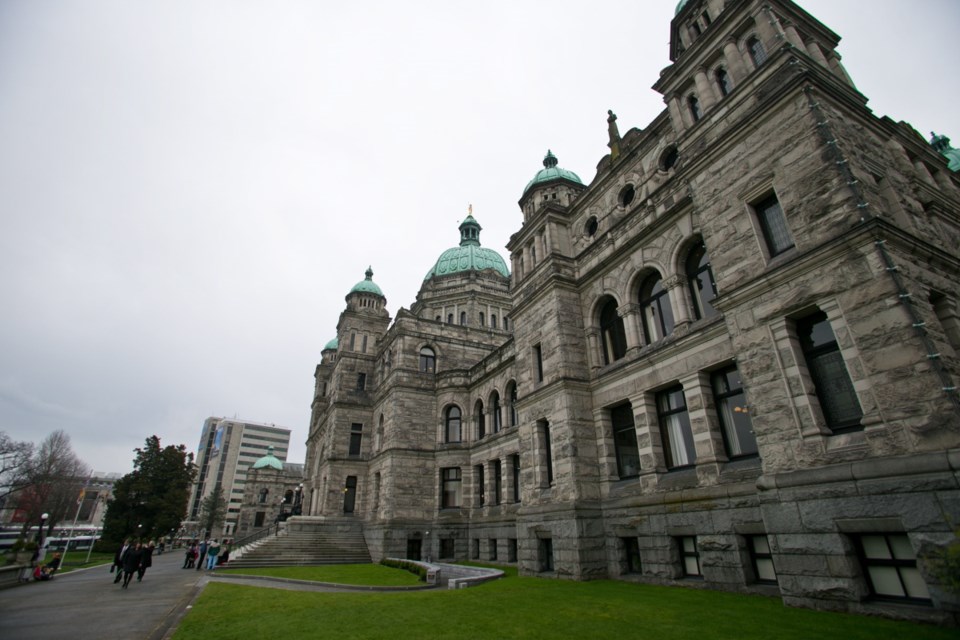B.C. should not widely implement Internet voting for provincial or local elections due to security risks, says an independent panel struck to study the issue.
“The risks of implementing Internet voting in British Columbia outweigh the benefits at this time,” the panel says in a government-commissioned report released Wednesday.
The panel of experts, including chief electoral officer Keith Archer, said the process could be used on a limited basis for people with accessibility challenges. “If Internet voting is implemented on a limited basis, jurisdictions need to recognize that the risks to the accuracy of the voting results remain substantial,” the report says.
The panel will spend six weeks gathering public feedback on the issue before making a final report to the legislature in early 2014.
Internet voting is not currently allowed in B.C., and even a limited pilot project would require an amendment to the province’s Election Act.
Premier Christy Clark promised to explore the issue during her leadership bid in 2011.
The panel’s analysis of available research and experience in other countries shows Internet voting is not the solution to dismal voter turnout among youth, Archer said.
Instead, there are major risks to the integrity and anonymity of votes cast online, which could be subject to hackers and computer viruses, Archer said. As well, there needs to be a reliable way to authenticate someone’s identity and then also ensure secrecy around how they voted, he said.
“The challenge is unique. It’s not like banking online, it’s not like dating online, it’s not like … purchasing goods online,” Archer said.
“The challenge with Internet voting is that you have to be able to both authenticate a person but then separate that authentication, that identity, from their ballot.”
About 54 per cent of eligible voters cast ballots in the May 2013 provincial election, up from 51 per cent in 2009 but well below the high of 70 per cent in 1983.
Youth statistics aren’t yet available from the May election, but in 2009 only 27 per cent of people ages 18 to 24 bothered to vote — the lowest turnout rate of any age demographic.
“The data reveal that the people who are most likely to use the Internet voting option are middle-aged and older voters, rather than younger voters,” Archer said. “Moving toward Internet voting in British Columbia is likely not the panacea of the challenges of declining voter turnout that we’ve seen in the last generation or so.”
The panel also recommended the government strike a committee to evaluate different types of Internet voting systems, and provide support in case some jurisdictions try to charge ahead with the idea.
Justice Minister Suzanne Anton described the report as thorough, but said in a statement that she wouldn’t consider any changes to the Election Act until she sees a final report with public input in 2014.
NDP Leader Adrian Dix said he respects the panel’s conclusions, but the government must still strive to increase voter turnout: “If this isn’t the right technique now, for a whole series of reasons, that doesn’t stop us from pursuing others.”
The four-person Internet voting panel met 13 times between 2012 and 2013 and cost $420,000.



